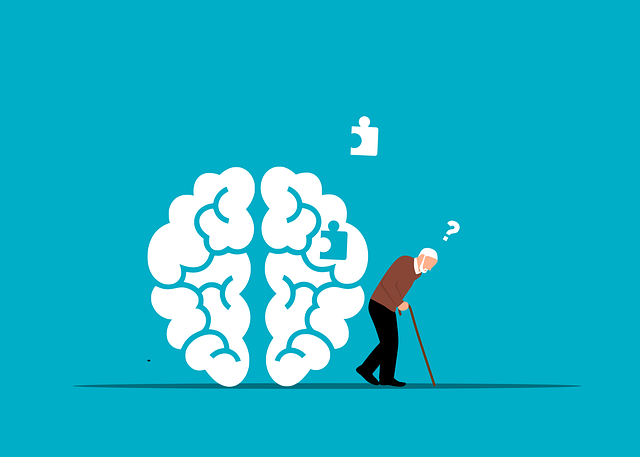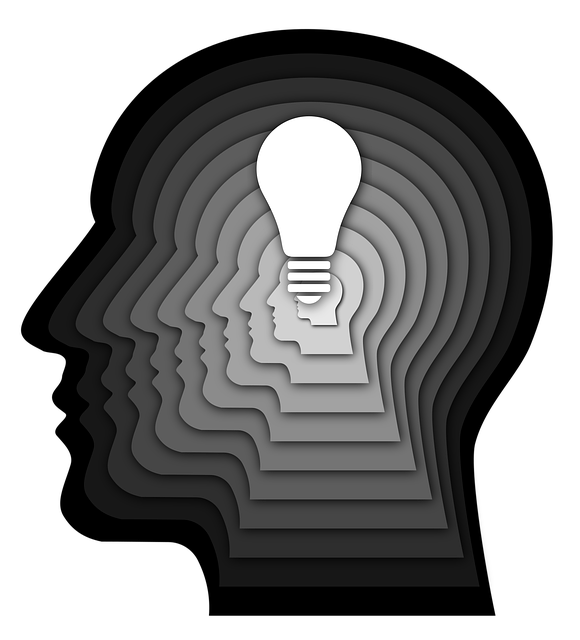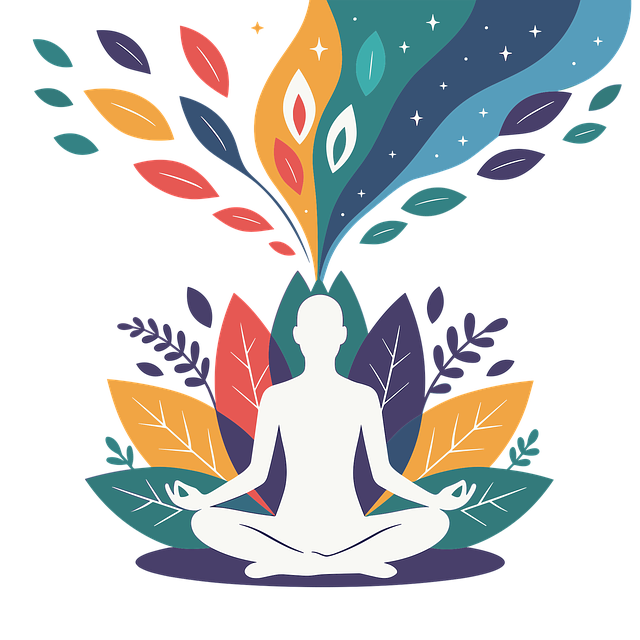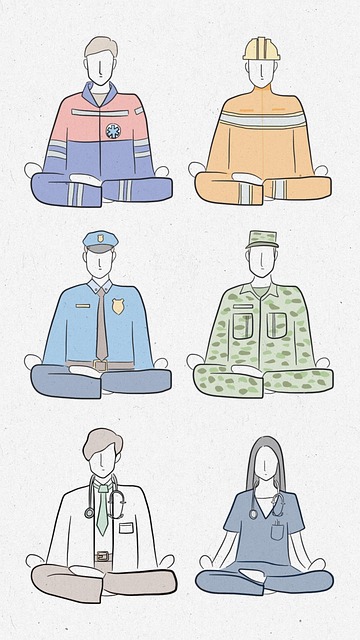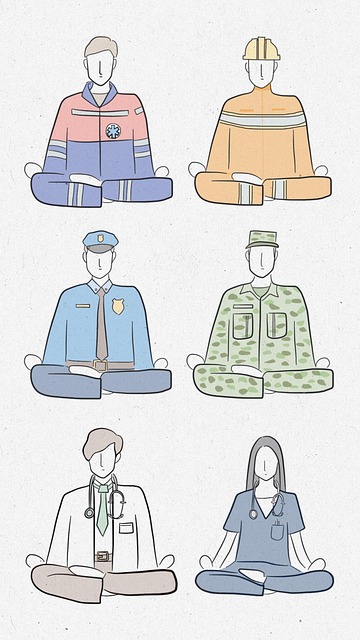Journaling provides a powerful therapy for adults with Dissociative Disorder, offering a safe space for expression, mindfulness, and self-reclaiming. By putting thoughts on paper, individuals can integrate fragmented identities, enhance positive thinking, boost confidence, and deepen emotional understanding. Personalized journals, including structured sections and diverse content, facilitate introspection and healing. Regular journaling acts as a dedicated space for exploring emotions, fostering self-awareness, tracking progress, identifying triggers, and celebrating victories, ultimately enhancing mental wellness.
Mental wellness journaling is a powerful tool for self-discovery and healing, especially for adults navigating dissociative disorder. This practice offers a safe space to process traumatic experiences and consolidate fragmented memories. By combining expressive writing with structured reflection, individuals can integrate their emotions, gain insights, and foster resilience.
This article guides you through establishing your wellness journal, offering content ideas and strategies to incorporate this therapeutic exercise into your daily routine as a means of managing dissociative disorder symptoms.
- Understanding Dissociative Disorder and Journaling as a Healing Tool
- Creating Your Wellness Journal: Structure and Content Ideas
- Integrating Journaling into Your Routine for Consistent Improvement
Understanding Dissociative Disorder and Journaling as a Healing Tool

Dissociative Disorder is a complex mental health condition where an individual experiences a disconnection from their thoughts, feelings, memories, or even parts of their identity. It can lead to a sense of detachment from reality and is often considered a coping mechanism for traumatic events. Journaling has emerged as a powerful tool in the therapeutic process for adults with Dissociative Disorder. By putting pen to paper, individuals can begin to reclaim their sense of self and explore the fragmented aspects of their minds.
Journaling offers a safe space for expression, allowing individuals to confront and integrate different parts of their identity. It encourages mindfulness, helping to ground the person in the present moment, which is crucial for managing dissociation. Additionally, regular journaling practices can foster positive thinking and boost confidence as individuals gain a deeper understanding of their experiences and emotions. This self-reflection can be life-changing, providing an effective form of therapy for adults with Dissociative Disorder.
Creating Your Wellness Journal: Structure and Content Ideas

Creating your wellness journal is a powerful act of self-care, especially for individuals navigating mental health challenges like dissociative disorders. This personal space allows for introspection and expression, serving as a therapeutic tool that supports healing and growth. When structuring your journal, consider dedicated sections for tracking moods, emotions, and any triggering or calming experiences. Writing down specific details such as what you were doing when certain feelings arose can be incredibly helpful for processing and understanding these experiences.
Incorporating various content ideas can make journaling a dynamic practice. For instance, reflect on your daily interactions and how they impacted your mental state. Explore mindfulness exercises and incorporate quotes or affirmations that resonate with you. Even drawing or creating collages can offer alternative ways to express complex emotions. Remember, there’s no one-size-fits-all approach; tailor your journal to what feels authentic and beneficial for your unique journey towards recovery, perhaps even incorporating stress reduction methods recommended by your healthcare provider or exploring mental wellness coaching programs for additional support.
Integrating Journaling into Your Routine for Consistent Improvement

Integrating journaling into your daily routine can significantly enhance mental wellness, especially for individuals navigating complex conditions like dissociative disorder. This simple yet powerful tool offers a dedicated space to explore thoughts and emotions, fostering self-awareness and inner strength development. By committing to this practice consistently, you create a safe haven for introspection, which is akin to therapy for adults with dissociative disorder.
Journaling allows you to track your progress, identify triggers, and celebrate victories. It facilitates the reflection needed for social skills training and personal growth. Moreover, it can serve as an essential risk assessment tool for mental health professionals, providing valuable insights into a client’s emotional landscape. This practice encourages individuals to confront their challenges head-on, fostering resilience and a deeper connection with their inner selves.
Mental wellness journaling can be a powerful tool for individuals navigating dissociative disorder, offering a safe space for self-exploration and healing. By combining structured journaling practices with the insights gained from understanding dissociative disorder, adults can develop effective coping mechanisms and enhance their overall well-being. Integrating this practice into daily routines encourages consistent personal growth and serves as a valuable complement to traditional therapy for adults with dissociative disorder.





